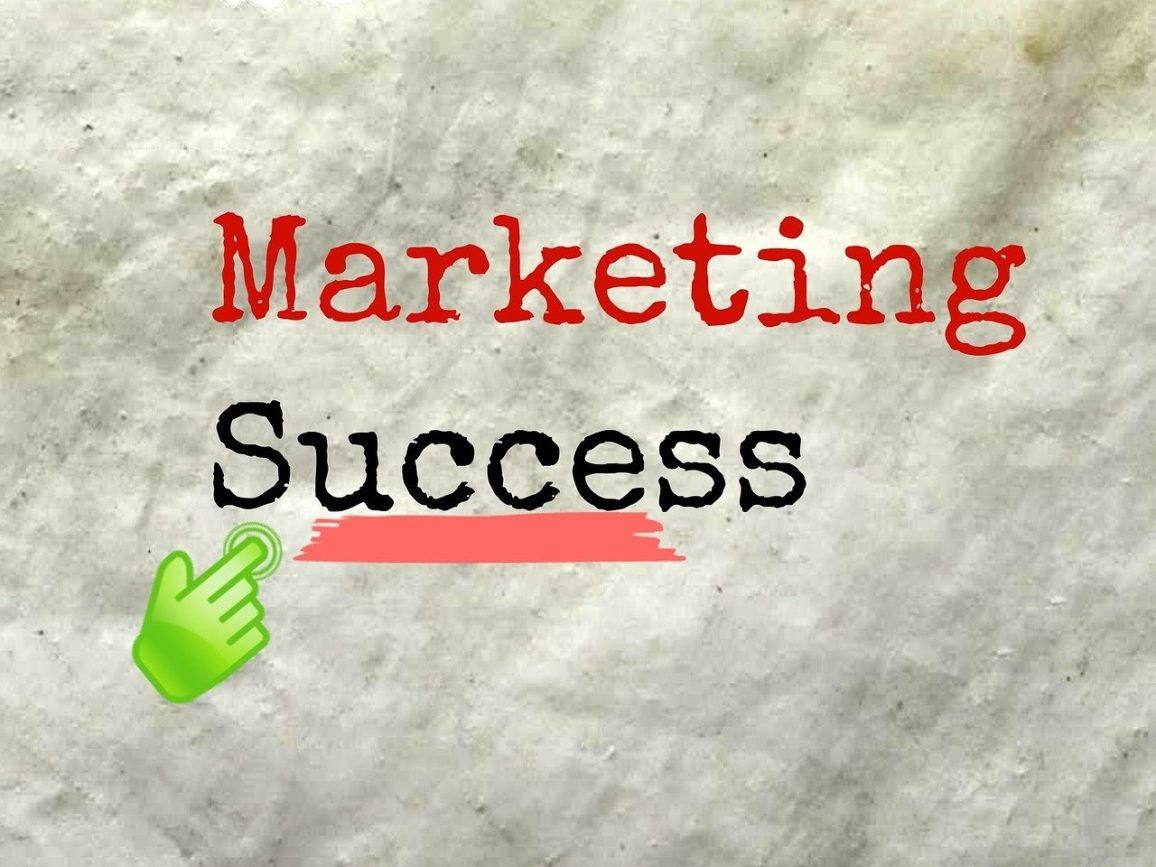In today’s digital landscape, content marketing has become an indispensable tool for B2B companies looking to attract, engage, and convert potential clients. This comprehensive guide will walk you through the essentials of B2B content marketing, providing you with strategies, best practices, and actionable tips to elevate your marketing efforts and drive business growth.
Table of Contents
Understanding B2B Content Marketing
B2B content marketing involves creating and distributing valuable, relevant, and consistent content to attract and retain a clearly defined audience. Unlike B2C marketing, B2B content marketing often deals with longer sales cycles, multiple decision-makers, and a need for in-depth, educational content.
Why B2B Content Marketing Matters
- Builds trust and credibility
- Educates potential clients
- Nurtures leads through the sales funnel
- Improves brand visibility and recognition
- Supports SEO efforts
- Provides value beyond your products or services
Developing a B2B Content Marketing Strategy
A well-planned strategy is crucial for the success of your B2B content marketing efforts. Here’s how to develop an effective strategy:
1. Define Your Goals
Start by clearly outlining what you want to achieve with your content marketing efforts. Common goals include:
- Increasing brand awareness
- Generating high-quality leads
- Nurturing existing leads
- Establishing thought leadership
- Improving customer retention
2. Identify Your Target Audience
Develop detailed buyer personas that represent your ideal clients. Consider factors such as:
- Company size and industry
- Job titles and roles
- Pain points and challenges
- Goals and objectives
- Preferred content types and channels
3. Conduct a Content Audit
Assess your existing content to identify gaps and opportunities. This will help you:
- Determine what content is performing well
- Identify areas where you need to create new content
- Find opportunities to repurpose or update existing content
4. Map Content to the Buyer’s Journey
Create content that addresses the needs of your audience at each stage of the buyer’s journey:
- Awareness stage: Educational content that addresses pain points
- Consideration stage: Content that showcases your expertise and solutions
- Decision stage: Case studies, testimonials, and product comparisons
5. Choose Your Content Types and Channels
Select the most effective content types and distribution channels based on your audience preferences and goals. Popular B2B content types include:
- Blog posts and articles
- Whitepapers and ebooks
- Case studies
- Webinars and video content
- Infographics
- Podcasts
- Social media posts
Creating High-Quality B2B Content
The success of your content marketing efforts hinges on the quality of your content. Here are some tips for creating compelling B2B content:
1. Focus on Value
Always prioritize providing value to your audience. Address their pain points, answer their questions, and offer actionable insights.
2. Maintain a Consistent Brand Voice
Develop and maintain a consistent brand voice across all your content. This helps build brand recognition and trust.
3. Use Data and Research
Back up your claims with credible data and research. This adds authority to your content and builds trust with your audience.
4. Incorporate Storytelling
Use storytelling techniques to make your content more engaging and relatable. Share customer success stories and real-world examples.
5. Optimize for SEO
Implement SEO best practices to improve your content’s visibility in search engines. This includes:
- Conducting keyword research
- Optimizing meta titles and descriptions
- Using header tags effectively
- Creating internal links
- Optimizing images and multimedia
6. Make Content Skimmable
Use subheadings, bullet points, and short paragraphs to make your content easy to skim and digest.
Developing a Content Calendar
A content calendar helps you plan, organize, and schedule your content creation and distribution efforts. Here’s how to create an effective content calendar:
- Determine your publishing frequency
- Plan content themes or topics in advance
- Align content with key industry events or seasons
- Assign responsibilities and deadlines
- Include distribution channels for each piece of content
- Leave room for flexibility and timely content
Promoting Your B2B Content
Creating great content is only half the battle. You also need to promote it effectively to reach your target audience. Here are some promotion strategies:
1. Email Marketing
Leverage your email list to distribute your content to interested subscribers. Segment your list to ensure you’re sending relevant content to the right people.
2. Social Media
Share your content across relevant social media platforms. LinkedIn is particularly effective for B2B content marketing.
3. Paid Advertising
Use paid advertising channels like Google Ads, LinkedIn Ads, or retargeting to amplify your content’s reach.
4. Influencer Partnerships
Collaborate with industry influencers to expand your content’s reach and credibility.
5. Content Syndication
Republish your content on platforms like Medium or industry-specific sites to reach new audiences.
Measuring and Analyzing Your Content Marketing Efforts
To ensure the success of your B2B content marketing strategy, it’s crucial to measure and analyze your efforts regularly. Here are some key metrics to track:
1. Website Traffic
Monitor overall traffic, traffic sources, and page views to understand how your content is performing.
2. Engagement Metrics
Track metrics such as time on page, bounce rate, and social shares to gauge audience engagement.
3. Lead Generation
Measure how many leads your content is generating and the quality of those leads.
4. Conversion Rates
Track how well your content is converting visitors into leads and leads into customers.
5. SEO Performance
Monitor your search engine rankings and organic traffic growth.
6. ROI
Calculate the return on investment of your content marketing efforts by comparing costs to revenue generated.
Continuously Improving Your B2B Content Marketing Strategy
Content marketing is an ongoing process. To stay ahead of the curve:
- Regularly review and update your strategy
- Stay informed about industry trends and best practices
- Experiment with new content types and distribution channels
- Collect and act on feedback from your audience
- Repurpose and refresh successful content
Conclusion
B2B content marketing is a powerful tool for attracting, engaging, and converting potential clients. By developing a solid strategy, creating high-quality content, and consistently measuring and improving your efforts, you can establish your company as a thought leader in your industry and drive significant business growth.
Remember, successful B2B content marketing is a marathon, not a sprint. Stay committed to providing value to your audience, and you’ll reap the rewards in the long run.
FAQs
Results can vary, but typically, you can start seeing initial results within 3-6 months. However, significant impact often takes 12-18 months of consistent effort.
The frequency depends on your resources and audience, but aim for at least 1-2 high-quality pieces per week. Consistency is more important than quantity.
While effectiveness can vary by industry, in-depth blog posts, whitepapers, and case studies are generally highly effective for B2B audiences.
Track metrics like lead generation, conversion rates, and sales attributed to content. Compare these to your content marketing costs to calculate ROI.
Gating (requiring contact information to access) can be effective for high-value content like whitepapers or webinars. However, balance this with freely available content to build trust and attract new audiences.



